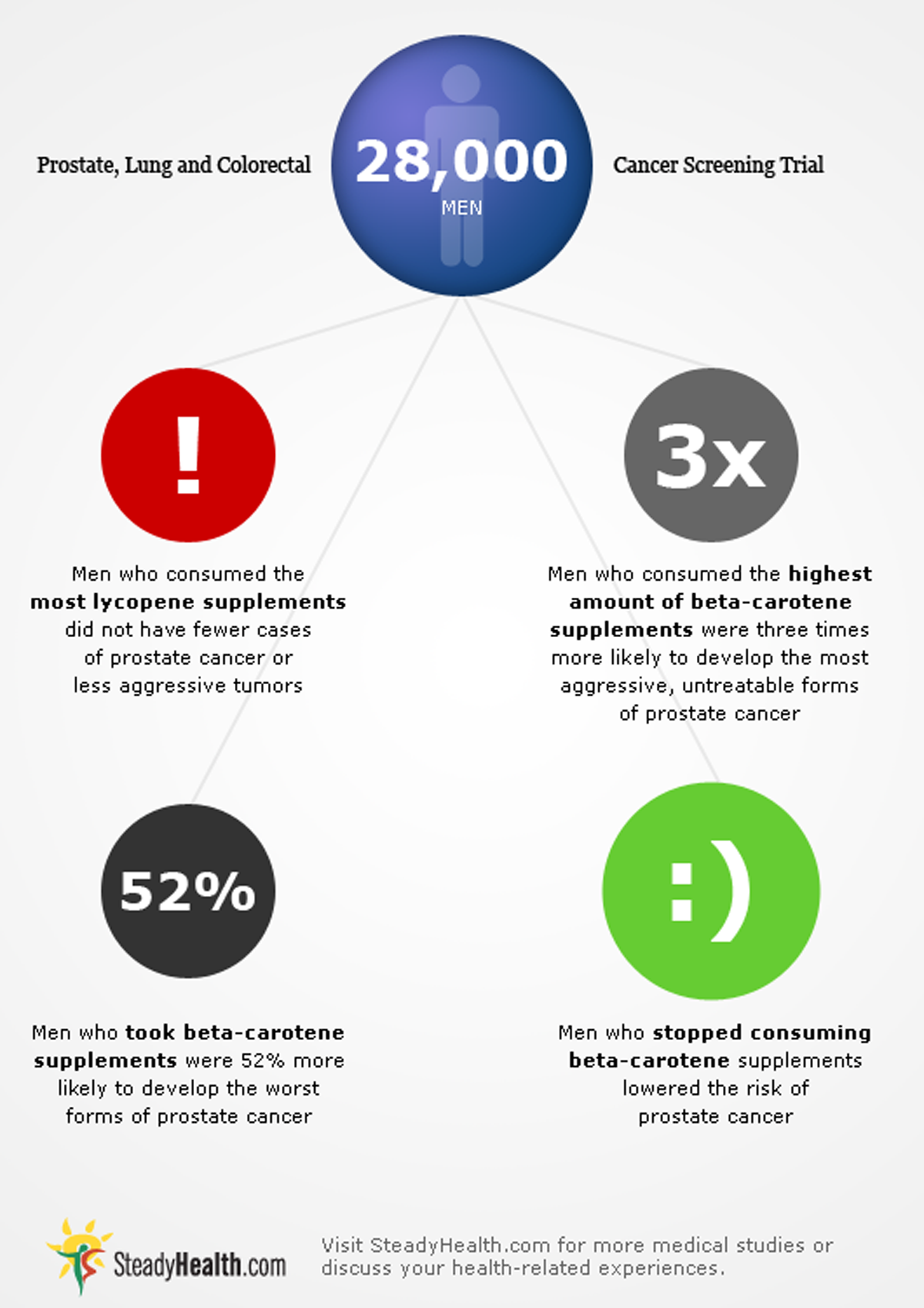Table of Contents
This antioxidant, holistic health gurus claimed, stopped damage to DNA in the prostate that causes cancer. When the US National Institutes of Health took a closer look at lycopene and prostate cancer, however, they found that consuming just one serving of tomatoes a week offered greater protection against the disease than consuming 2 or more servings of tomatoes per week, or no tomatoes at all.
The National Institutes of Health Study also found that eating pizza, lasagna, and spaghetti with tomato sauce was more beneficial than eating raw tomatoes or drinking tomato juice .
The reason cooked tomatoes offer additional benefits for men's health is that cooking them changes the lycopene they contain. Raw tomatoes contain lycopene molecules that are in a trans- form (chemically similar to a trans- fat). The lycopene in supplements is also in a trans- form.
Cooked tomatoes contain lycopene molecules that are in a cis- form. Chopping or pureeing the tomatoes before they are added to the sauce also releases more lycopene that is changed into the form of the molecule the body needs.

Simply getting more and more lycopene does not protect against cancer. A study of 28,000 men in the Prostate, Lung, and Colorectal Cancer Screening Trial found that men who consumed the most lycopene did not have fewer cases of prostate cancer or less aggressive tumors. And this study also found that men who consumed the highest amount of beta-carotene were three times more likely to develop the most aggressive, untreatable forms of prostate cancer. Men who took beta-carotene supplements were 52% more likely to develop the worst forms of prostate cancer, but stopping supplementation also lowered risk.
READ Anti-Cancer Diet: Cancer Fighting Foods and Spices
Beta-carotene supplements have proven problematic for other forms of cancer. In 1994, Finnish researchers stopped a clinical trial when they learned to their horror that giving men who smoked beta-carotene supplements made them more likely to develop lung cancer. This was even true when blood tests indicated that men who smoke have unusually low levels of beta-carotene in their bloodstreams. More is not necessarily better. It is possible that beta-carotene protects certain kinds of cancer cells in the same way it protects healthy cells.
So should everyone stay away from beta-carotene supplements?
There seem to be three important exceptions to the rule.
- Women who have been diagnosed with cervical dysplasia are less likely to develop cervical cancer if they get enough alpha- and beta- carotene.
- Both men and women are less likely to develop pancreatic cancer if they have adequate levels of beta-carotene in their bloodstreams.
- Carrots, the best source of beta-carotene, are the only vegetable known to help prevent mesothelioma, the aggressive, untreatable form of lung cancer triggered by exposure to asbestos.
The most helpful level of consumption of carrots, however, is just one serving a month. As little as one serving a month may be sufficient. With certain antioxidants, a little is vital, but it is also essential not to get too much.
- Greenlee H, Kwan ML, Kushi LH, Song J, Castillo A, Weltzien E, Quesenberry CP Jr, Caan BJ. Antioxidant supplement use after breast cancer diagnosis and mortality in the Life After Cancer Epidemiology (LACE) cohort. Cancer. 2011 Sep 27. doi: 10.1002/cncr.26526. [Epub ahead of print]

